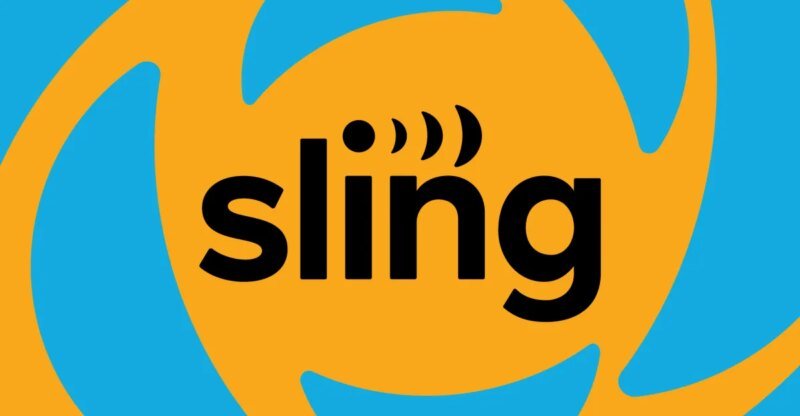Top Highlights
-
Court Ruling: A federal judge in New York ruled against Disney’s request to block Sling TV’s short-term passes, emphasizing that Disney failed to prove “irreparable harm.”
-
Lawsuit Basis: Disney’s lawsuit argued that Sling TV’s temporary passes violated an agreement for monthly subscriptions, but the judge stated the contract lacked a “minimum subscription length.”
-
Impact on Disney: The court highlighted that Disney did not demonstrate a loss of customers or damage to its reputation due to Sling’s offerings.
-
Sling’s Response: Following the ruling, Sling TV celebrated by offering a discounted one-day pass, promoting consumer flexibility and affordable access to content without long-term contracts.
Disney’s Legal Challenge
Disney’s recent attempt to block Sling TV’s one-day cable passes faced a major setback. A federal judge in New York ruled against Disney, stating the company failed to prove “irreparable harm” from Sling’s short-term passes. Sling TV introduced these passes, allowing viewers to access channels like ESPN and the Disney Channel for as little as $4.99 for a single day. Disney argued that this model violated an existing agreement, expecting customers to subscribe monthly instead. However, the court found that the agreement did not specify a minimum subscription length. Consequently, the judge deemed that the passes could comply with the contract’s definition of a subscriber.
Additionally, the ruling clarified that Disney did not demonstrate any reputational damage or customer loss due to these passes. This decision marks a crucial moment in the ongoing battle between traditional media giants and innovative streaming services. Sling TV’s approach challenges the status quo, offering viewers more flexible options without long-term commitments.
The Future of Streaming Options
Taking this ruling into account, the landscape for streaming services seems more open than ever. The success of Sling TV’s one-day pass represents a growing trend toward more accessible and affordable content options. Many consumers have expressed frustration over traditional cable packages that bundle channels consumers may not want. In contrast, Sling’s model allows viewers to pay only for the content they desire.
Following the court’s decision, Sling TV celebrated by temporarily offering its one-day pass for just $1. This promotional tactic reflects a commitment to customer satisfaction and highlights how competition drives innovation. As streaming platforms continue to evolve, consumers can look forward to greater flexibility in how they consume media. This shift not only benefits individual viewers but also represents a significant move toward a more consumer-friendly entertainment industry.
Discover More Technology Insights
Stay informed on the revolutionary breakthroughs in Quantum Computing research.
Stay inspired by the vast knowledge available on Wikipedia.
TechV1

